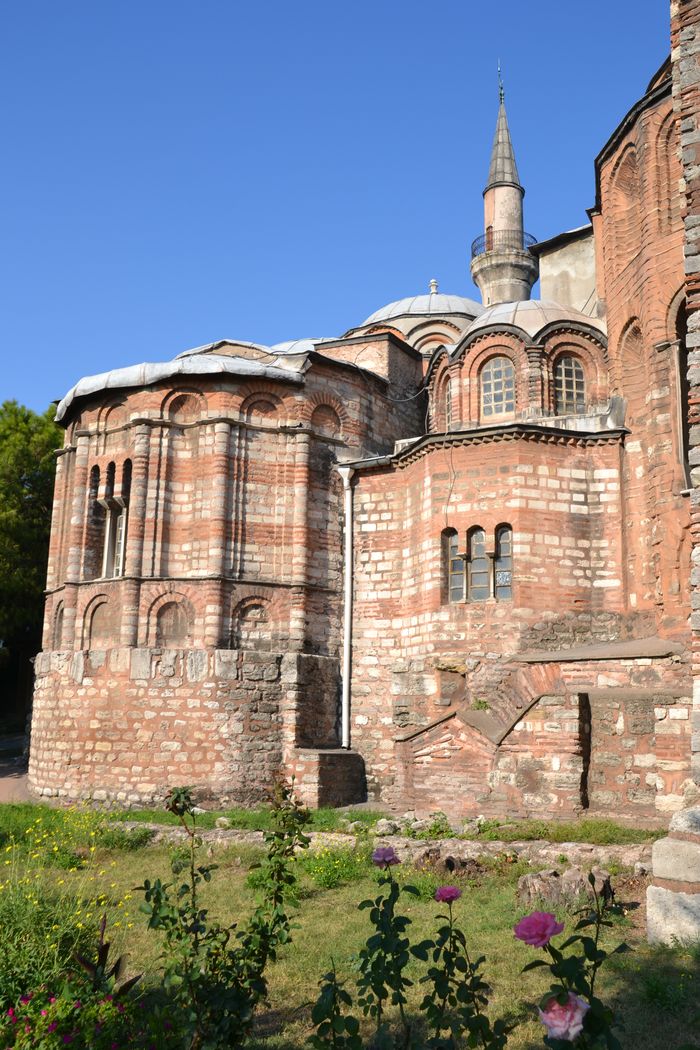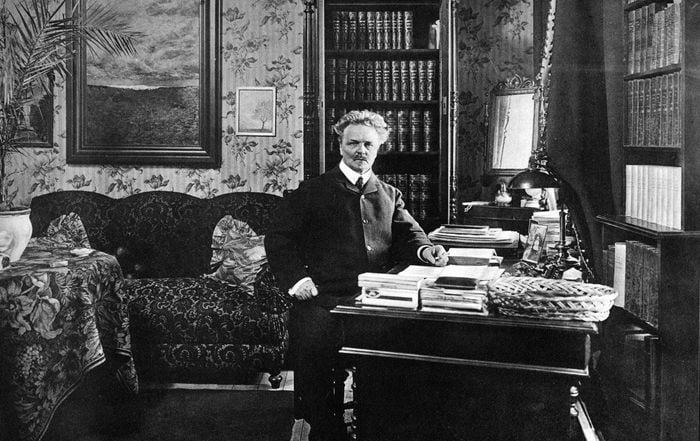15. Psellus seems to have misunderstood the chronology of Basil’s reign, for the Lord Chamberlain was deposed in 985 and died in exile soon after. Cedrenus (699, p. 443) implies that his downfall coincided with the rise of Romanus, son of Sclerus. This young man was sent by his father to the emperor immediately after his (Sclerus’s) escape from Baghdad. He realized that he would never carry out a successful coup d’etat without the assistance of Phocas.
At the same time he secretly sent Romanus to the capital, pretending that his son was a deserter from his own army. He calculated that if Phocas beat the emperor he would probably be able to save the young man- on the other hand, if Basil won the son would be able to save him. Basil, after the Lord Chamberlain had been dismissed, did in fact welcome Romanus and appears to have relied much on his judgments.
16. Sclerus’s second revolt lasted only a few months, for the reconciliation between the emperor and his rival was effected in October 989. It seems likely that Sclerus was supported mainly by the Church and Bardas Phocas by the army. Psellus’s remarks about the opposition that ‘dragged on for many years’ may refer to the activities of Sclerus’s men who refused to accept the agreement made by their leader. Sclerus died in retirement on 6 March 991, blinded and practically a prisoner of Basil. He had accepted the title of Curopalates.
At Didymotichus
17. At Didymotichus.
18. It was the policy of Basil to ensure that the great feudal families should never agaiin be able to rebel against his government. The ‘favourites’ mentioned later in the chapter were the civil servants who passed under the name of ‘Senators’, the bureaucrats who were no less interested than Basil himself in the maintenance cf peace.
By the Novel of January 996 it was enacted that land taken from the people by the rich landowners since the reign of Romanus Lecapenus was to be restored without compensation. The rich were further curbed by the famous allelengyon, by which men with money were required to pay taxes for those who were impoverished. However politic these measures may have seemed to Basil, they were not only most difficult to carry out, but caused great bitterness among the various classes in the state.
19. Despite his reputation for hardness Basil was accustomed to grant the poor time in which to pay off their taxes (Cedrenus, 721, p. 484), and when he died there was some tributum already two years overdue. Constantine, his successor, compelled the debtors to pay five years’ tax in one lump sum.
20. Military ranks, junior officers.
21. Basil died on 15 December 1025. According to Cedrenus he had reigned as sole emperor for fifty years and was seventy years old. He was buried in the monastery of St. John Evangelist in the Hebdomon at Constantinople.
Read More about Basil II part 18








